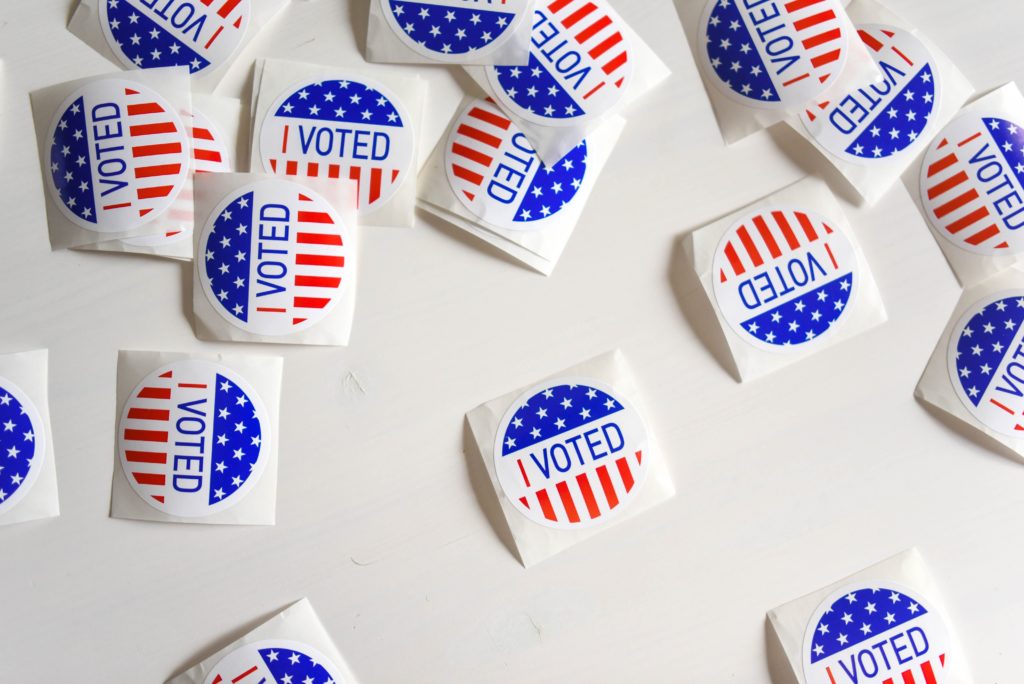Multiple places across the country decided key minimum wage debates this week, including the narrow approval of a statewide referendum in Florida to raise the state minimum wage to $15. Portland also became the second city in Maine to adopt a $15 minimum wage on Tuesday.
But in Aurora, CO, a tight city council vote struck down a proposal to raise the city-level minimum wage to $17.
Incoming election results are also showing that Democrats did not take control of state and federal legislatures as expected. Party control in state legislatures has gone largely unchanged, with a Democrat flip in the Arizona Senate and Republican flip in both the New Hampshire House and Senate as notable exceptions. Democrats gained supermajorities in the already-blue New York Senate and Delaware House. The Republican Party is hoping to maintain a narrow majority in the U.S. Senate, with some gains in the U.S. House. Overall, Democrats across the country took less control than anticipated.
Based on the Democratic Party’s platform to enact a $15 national minimum wage, this may be a good thing. Michael Saltsman, Managing Director of the Employment Policies Institute, explains the threat of a $15 minimum wage in his latest op-ed:
“Asked at the most recent presidential debate about the wisdom of a $15 federal minimum wage, Joe Biden dismissed potential consequences: ‘There’s no evidence that when you raise the minimum wage, businesses go out of business.’
As the candidate might say, that’s malarkey.
The minimum wage is one of the most-studied topics in economics, with reams of research papers dating back to the creation of a federal standard in 1938. While not universal, the consensus across these studies is that a higher minimum wage reduces job opportunities for workers just getting started in their careers.
This evidence has only grown stronger in recent years. A paper published by the San Francisco Federal Reserve Bank in 2015 took stock of newer evidence and concluded that, if anything, wage hikes have “possibly larger adverse effects than earlier research suggested.”
Last year, the nonpartisan Congressional Budget Office studied the national impacts of raising the federal minimum wage from $7.25 to $15. It concluded that 1.3 million workers would be pulled out of poverty — but at the cost of 1.3 million lost jobs.
My organization updated the CBO’s report to account for the economic impacts of the pandemic and found a federal $15 wage enacted today would cost 2 million jobs. Half of those lost jobs are in the hospitality industry, already hard-hit from the COVID crisis.
Job loss on this scale is a consequence of a minimum wage demand without precedent. Seattle became the first major city to embrace a $15 minimum wage, phasing in for large employers as early as 2017; San Francisco’s minimum wage hit this level in July 2018.
The early evidence from these cities is not promising. Data from the Census Bureau shows that San Francisco — considered one of the top restaurant cities in the world — has lost over 1,000 restaurant jobs in the past two years. In Seattle, a research team affiliated with the University of Washington found that the city’s minimum wage experiment increased the rate of business exit (closing or leaving the city) by 13 percent.”
Read Saltsman’s full op-ed in the Morning Consult.

